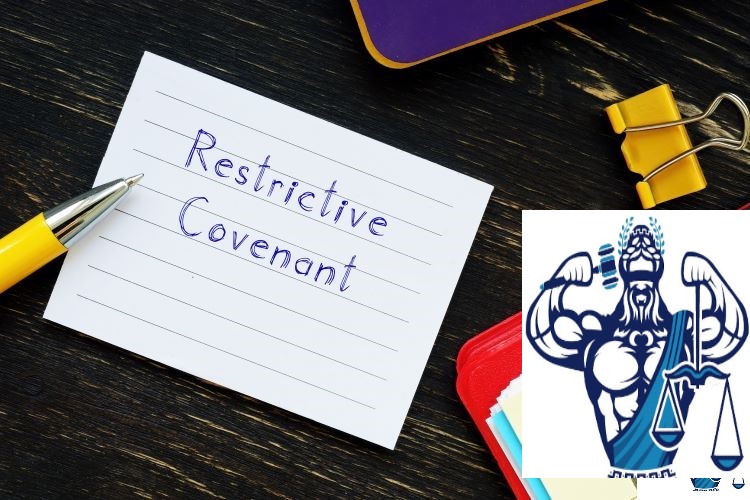Here at the Law Office of Vincent Miletti, Esq. and the home of the #UnusuallyMotivated movement, we take pride as a resilient and dependable legal services firm, providing such services in both a traditional and online, web-based environment. With mastered specialization in areas such as Employment and Labor Law, Intellectual Property (IP) (trademark, copyright, patent), Entertainment Law, and e-Commerce (Supply Chain, Distribution, Fulfillment, Standard Legal & Regulatory), we provide a range of legal services including, but not limited to traditional legal representation (litigation, mediation, arbitration, opinion letters and advisory), non-litigated business legal representation and legal counsel, and unique, online legal services such as smart forms, mobile training, legal marketing and development.
Still, here at Miletti Law®, we feel obligated to enlighten, educate, and create awareness, free of charge, about how these issues and many others affect our unusually motivated® readers and/or their businesses. Accordingly, to achieve this goal, we have committed ourselves to creating authoritative, trustworthy, & distinctive content. Usually, this content is featured as videos posted on our YouTube Channel https://www.youtube.com/channel/UCtvUryqkkMAJLwrLu2BBt6w and blogs that are published on our website WWW.MILETTILAW.COM. With that, the ball is in your court and you have an effortless obligation to subscribe to the channel and sign up for the Newsletter on the website, which encompasses the best way to ensure that you stay in the loop and feel the positive impact of the knowledge bombs that we drop here!
As the authoritative force in Employment Law, it only seemed right to introduce one of the many upcoming series in which we introduce a variety of topics that looks to educate and deliver in a manner that only Miletti Law® can. To that end, this blog is Part VI of our short series on “Key Legal and Drafting Issues for Non-solicitation Covenants/Agreements.” In Part V, we hammered on “Defining Clients that will be Specifically Covered by the Non-solicitation Agreement and Determining the Scope of Prohibited Customer Solicitation” as one of the key considerations when drafting employee non-solicitation agreements. Regarding this consideration, we mentioned that one of the things that a client/customer non-solicitation agreement should include is a reasonable scope of restricted customer solicitation. Ideally, the types of clients the former employee is being prohibited from soliciting, and the types of products or services that such an employee is barred from offering to a company’s clients should be described in a client/customer non-solicitation agreement. As a best practice, an employer should ensure that the former employee is not restricted from offering services for the clients/customers of a business that they did not provide for the clients/customers while engaged with the business.
We also asserted that unless a former employee was a key or high-level employee, a clause prohibiting the solicitation of “all clients” would be deemed unreasonable by a court. Instead, a client/customer non-solicitation agreement that is likely to be enforceable is the one that limits restrictions to clients about whom the former employee had knowledge of confidential information while employed by the business or company, clients that had material contact with the former employee, and clients within a certain geographic range.
To continue this discussion, we have hammered on “Including Reasonable Time Limits” as the second key consideration for every employer when drafting client/customer non-solicitation agreements.
Including Reasonable Time Limits
A reasonable time limitation requires being included in a client/customer non-solicitation agreement. As we mentioned in our blog highlighting the five essential ingredients of restrictive covenants and accessible at https://milettilaw.com/blog/f/restrictive-covenants-made-easy, restrictive covenants (whether employee non-solicitation agreements and client/customer non-solicitation agreements) must be reasonable in time. Regarding this ingredient, we asserted that any restrictive covenant made to last up to one year is presumably reasonable. However, the further out the restriction goes from twelve months and beyond, the more it becomes unreasonable.
Ideally, a company/business is able, through a reasonable time limitation, to rebuild its customer relations that the departing employee had with its clients. Generally speaking, both employee and client/customer non-solicitation periods tend to last from six to twenty-four months. However, past research from publicly filed executive employment agreements, such as one from the Practical Guidance searchable database called Market Standards–Employment Agreements, has shown that the most prevalent time limitation for both employee and client/customer non-solicitation agreements is one year. According to the research, of the 2,474 agreements containing a customer non-solicit and 3,108 agreements containing an employee non-solicit (as of September 2021 for each), about 60% had a post-employment restriction period of twelve months. The survey also showed that those with a limitation duration of twenty-four months, which was approximately 25%, were the second most common.
In Part VII of this series, we shall move the discussion forward by hammering on “Defining Confidential Information,” as the third consideration that every employer must consider when drafting valid client/customer non-solicitation agreements that would be deemed both reasonable and enforceable under the law.
In the meantime, stay tuned for more legal guidance, training, and education. In the interim, if there are any questions or comments, please let us know at the Contact Us page!
Always rising above the bar,
Isaac T.,
Legal Writer & Author.
 Professional Legal & Business Services And Representation - English & Espanol!
Professional Legal & Business Services And Representation - English & Espanol!

 314-648-2586
314-648-2586 CALL US NOW
CALL US NOW







